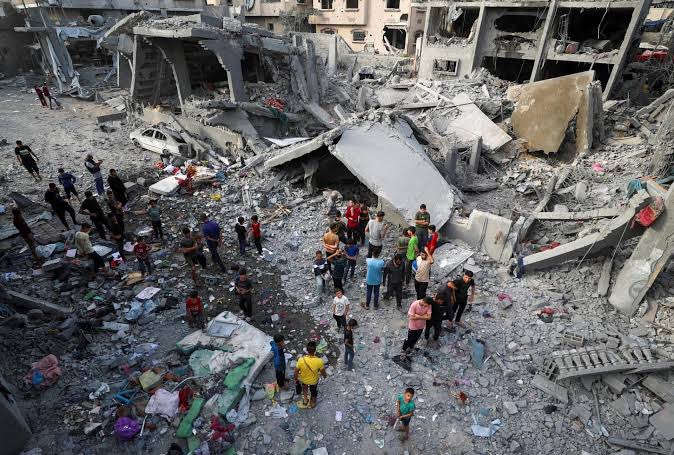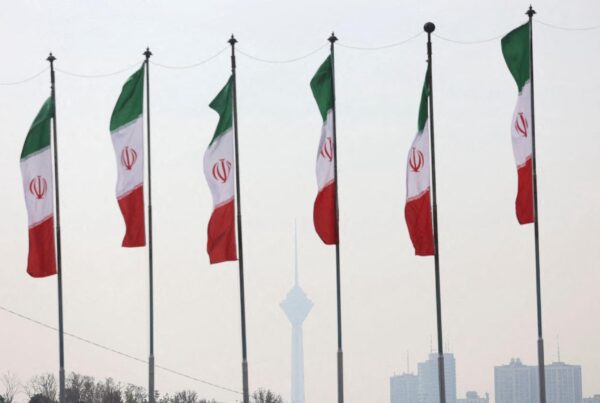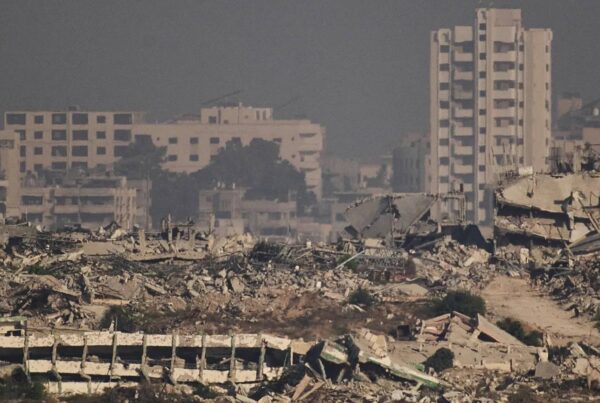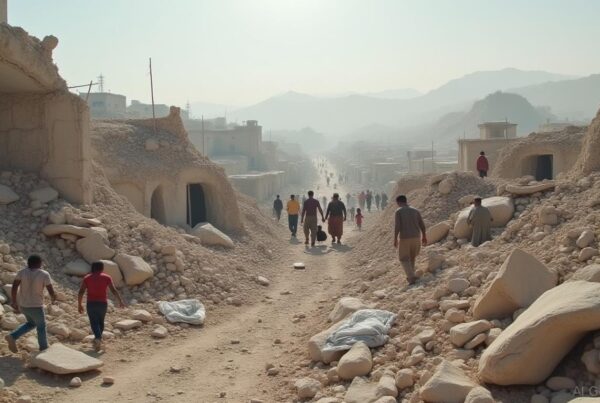Israel has intensified its military campaign in Gaza City, declaring the area a combat zone and suspending the daily humanitarian pause that previously allowed limited aid convoys to operate. The decision came as Israeli forces announced the discovery of two hostages’ bodies, underscoring the grim toll of a conflict now entering its twenty-second month.
Two Hostages Found Dead
The Israeli Defense Forces (IDF) confirmed that they had recovered the remains of two hostages during ongoing operations in Gaza. One was identified as Ilan Weiss, who was killed on October 7, 2023. The identity of the second victim remains under verification. According to official estimates, around 50 hostages are still held in Gaza, with roughly 20 believed to be alive.
The announcement reignited public debate in Israel about the effectiveness of the prolonged offensive. Families of hostages have repeatedly demanded greater urgency in negotiations, stressing that continued military action has so far yielded limited results in bringing captives home alive.
Gaza City Declared a Combat Zone
The IDF officially designated Gaza City as an active combat zone, a step that immediately ended the ten-hour humanitarian pause that had been in place daily. That pause had previously allowed humanitarian organizations to move aid convoys with reduced risk, bringing in food, medicine, and limited fuel.
Without the pause, aid groups now face much greater challenges. The United Nations Office for the Coordination of Humanitarian Affairs (OCHA) stated that humanitarian partners were not given sufficient advance notice about the suspension. As a result, several scheduled aid deliveries were canceled, leaving thousands of civilians without critical supplies.
Rising Humanitarian Toll
The humanitarian crisis in Gaza has reached alarming proportions. OCHA reported that more than 313 deaths have been directly linked to malnutrition since October 2023, including at least 119 children. Broader casualty figures remain staggering, with the Health Ministry in Gaza reporting over 62,000 fatalities and more than 156,000 injured since the outbreak of the conflict.
Electricity shortages, lack of clean water, and the collapse of healthcare services have compounded the crisis. Aid workers warn that without safe corridors for relief operations, the number of deaths caused by hunger and preventable disease will accelerate.
Displacement and Civilian Struggles
Tens of thousands of civilians have fled Gaza City in recent days as bombardments intensified and essential services failed. Families that remain face deteriorating conditions in overcrowded shelters with minimal access to sanitation and medical care. Local churches and mosques have opened their doors to provide refuge, but space and resources are limited.
International humanitarian agencies have called for the reinstatement of safe pauses to allow aid distribution. “The suspension of humanitarian windows means that lives will be lost unnecessarily,” said one aid official, urging Israel to reconsider.
Regional and International Implications
The offensive in Gaza is occurring against a backdrop of heightened regional tensions. The UN Security Council has recently extended the mandate of the UN peacekeeping mission in Lebanon (UNIFIL) until December 2026 but signaled it would be the final extension. Analysts warn that a gradual withdrawal could destabilize the Israel-Lebanon border and complicate Israel’s strategic calculations if clashes with Hezbollah escalate.
Meanwhile, Israel continues to frame the offensive as essential to eliminating Hamas’ operational capacity. Prime Minister Benjamin Netanyahu reaffirmed that military pressure will not cease until Hamas is dismantled and all hostages are returned, though critics argue that the strategy risks perpetuating the humanitarian catastrophe without achieving those goals.
Hostage Issue Remains Central
The discovery of the two bodies highlights the precarious situation of the remaining hostages. Negotiations for a potential exchange deal have repeatedly stalled, with mediators in Qatar and Egypt struggling to bridge gaps between Israeli demands and Hamas’ conditions. The hostages’ plight continues to be a powerful factor shaping both public opinion and political discourse inside Israel.
Human rights organizations stress that a negotiated solution is the only realistic way to save the surviving captives. Military operations, they argue, have thus far failed to secure hostages’ release while causing massive collateral damage to civilians.
What Lies Ahead
Observers expect the coming weeks to determine whether Israel will reinstate limited humanitarian pauses or continue operations under tightened military rules. Aid agencies are warning of catastrophic consequences if access to food and medical supplies remains blocked. The UN has already signaled concern that Gaza may slide deeper into famine conditions.
At the same time, the Israeli government faces mounting pressure at home. Public anger from hostage families and growing criticism from opposition parties could push leaders to reconsider strategy. International partners, including the United States and European Union, continue to urge Israel to balance military objectives with humanitarian obligations.
Conclusion
The discovery of two hostages’ remains, the declaration of Gaza City as a combat zone, and the suspension of aid pauses all mark a dangerous new phase in the conflict. With malnutrition deaths rising and civilians trapped in desperate conditions, the humanitarian crisis is set to worsen unless urgent corrective action is taken.
For broader perspective, read our related coverage on the humanitarian crisis in prolonged conflicts to understand how Gaza reflects wider global challenges.




